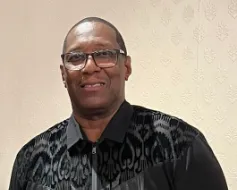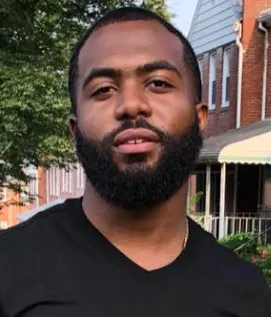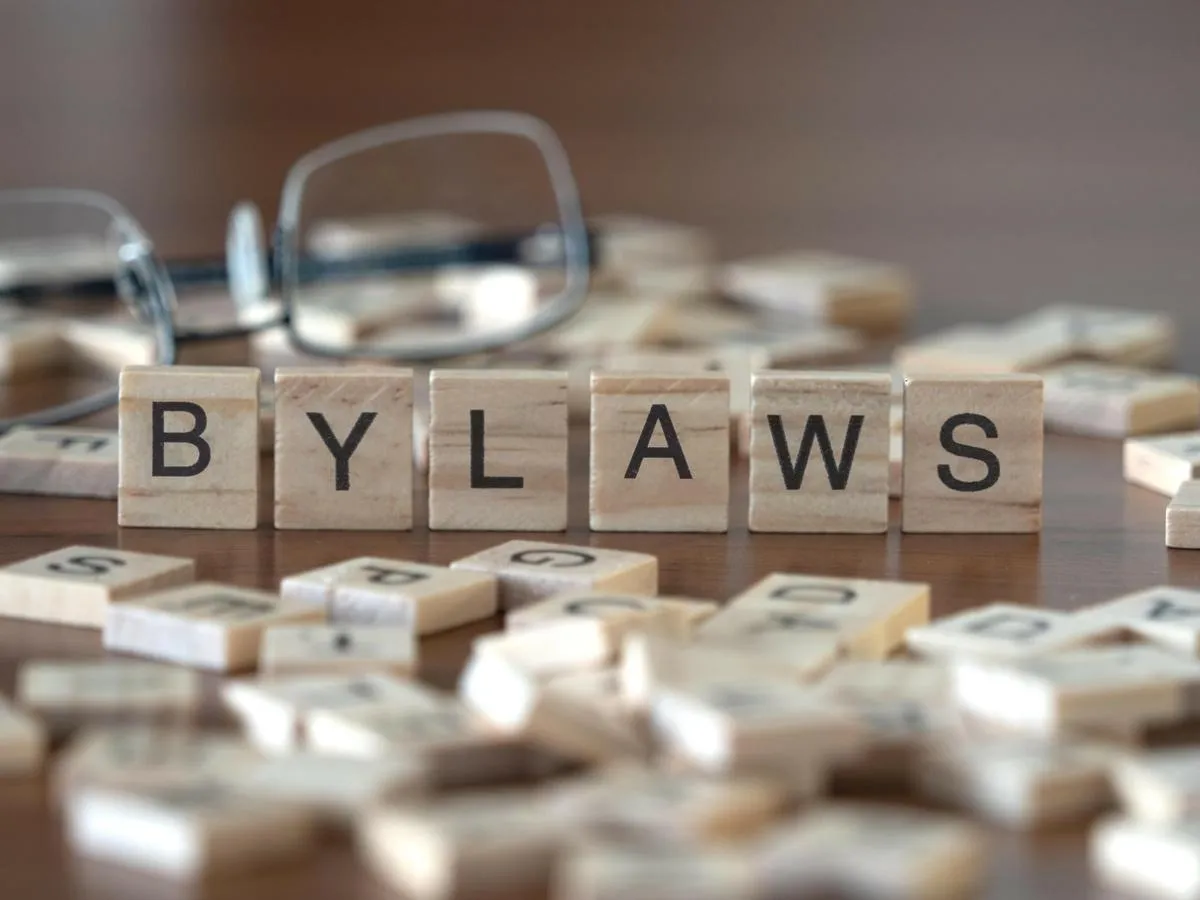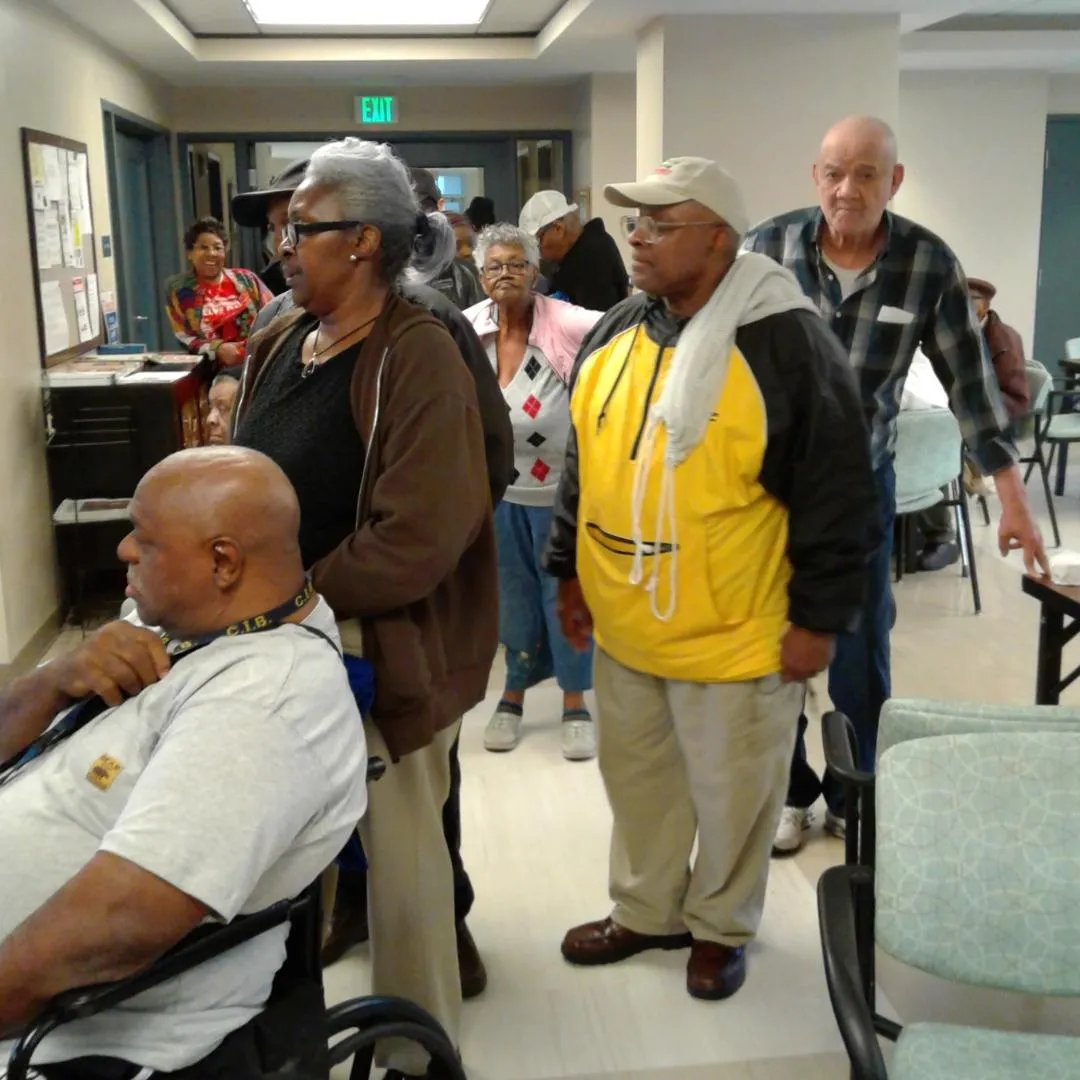Guiding the Vision and Growth of MCCCB
The Board of Directors of the Muslim Community Cultural Center of Baltimore (MCCCB) plays a vital role in shaping our direction, sustaining transparency, and ensuring that our programs align with our mission to serve and uplift the community. This page highlights the leadership, milestones, future plans, and ways community members can stay informed and engaged with board activities.
Meet Our Board of Trustees

Imam Earl El-Amin
Resident Imam
The Resident Imam for Muslim Community Cultural Center of Baltimore and Vice president, National Centers on Institutions and Alternatives (NCIA)
Imam Earl S. El-Amin was raised and educated in the Baltimore Metropolitan area and is a graduate of Morgan State University and Sojouner Douglass College. For well over 30 years he has served in various capacities of leadership in the Muslim community as well as the community at large.

Asya Shaheeddavis
Chairperson
Core Facility Supervisor at The Johns Hopkins University.
Asya Shaheeddavis is a dedicated professional with extensive experience in clinical research operations and laboratory management. As a core facility supervisor, she leads staff training and ensures the smooth execution of daily operations in a non-research, central services core facility that supports clinical research studies.

Tracy Barnes
Treasurer

Imam Earl El-Amin
Resident Imam
The Resident Imam for Muslim Community Cultural Center of Baltimore and Vice president, National Centers on Institutions and Alternatives (NCIA)
Imam Earl S. El-Amin was raised and educated in the Baltimore Metropolitan area and is a graduate of Morgan State University and Sojouner Douglass College. For well over 30 years he has served in various capacities of leadership in the Muslim community as well as the community at large.

Asya Shaheeddavis
Chairperson
Core Facility Supervisor at The Johns Hopkins University.
Asya Shaheeddavis is a dedicated professional with extensive experience in clinical research operations and laboratory management. As a core facility supervisor, she leads staff training and ensures the smooth execution of daily operations in a non-research, central services core facility that supports clinical research studies.

Tracy Barnes
Treasurer

Candice Willie
Board Trustee
The Signature Pros, LLC, Title Insurance Producer, Independent Contractor (TIPIC), Commissioned Notary Public in MD and VA
Candice Willie is a dynamic operations leader with deep expertise in facilities and DDA residential housing management, capital projects, and organizational optimization.

Tala Drammeh
Board Trustee
Mental Health Therapist, MPB GROUP INC Adjunct Professor, Towson University, Psychology Department
Tala Drammeh, MA, LGPC, is a licensed psychotherapist and adjunct professor at Towson University, where he integrates clinical expertise with academic instruction.

Qadir El-Amin
Board Trustee
Photographer & Filmmaker. Graduate of Lincoln University with a Bachelor of Science

Harun Shabazz
Board Trustee
MCCCB Bylaws
Our bylaws outline the operational structure and governance model of MCCCB. These documents ensure transparency and accountability at every level of decision-making.


Board Accomplishments
Over the years, MCCCB’s board has led many initiatives that strengthened our programs and improved our facilities. Here are a few highlights:
Spearheaded the mosque restoration project
Successfully organized annual Ramadan and Eid programming
Expanded cultural education and outreach services
Launched new partnerships for community welfare
Future Initiatives
The Board is currently exploring the following areas to further MCCCB’s mission:
Reapplying for the Maryland Emergency Food Program (MEFP) grant in 2026
Enhancing volunteer engagement and youth mentorship programs
Improving digital access and transparency for board governance
Strengthening interfaith and intercultural collaborations

Board Meeting Schedule
Board meetings are held every third Sunday at 12:00 PM at our community center: 3401 W. North Ave, Baltimore, MD 21216
🗓️ The next meeting is scheduled for Sunday, June 15, 2025. Future meetings will continue biweekly unless otherwise noted. Community members are welcome to attend when applicable—stay tuned for any updates.
Community Participation Forms
We welcome input and engagement from our community. Please use the forms below to stay informed and share your ideas.
📝 Request Board Meeting Minutes
Submit a request to receive copies of recent board meeting minutes.
Board Meeting Minutes Request Form
Purpose: To allow MCCCB community members to request copies of past board meeting minutes for transparency and informational purposes.
I acknowledge that this request is made in good faith and that the information provided is accurate.
🗣️ Submit Agenda Topics for Future Meetings
Let your voice be heard—submit topics you’d like the board to discuss at upcoming meetings.
Board Meeting Agenda Topics Submission Form
Purpose: To allow community members to suggest discussion topics for upcoming MCCCB Board Meetings.
I confirm that this topic submission is made in good faith and for the betterment of the MCCCB community.
Volunteer With Us
We’re calling on volunteers to help gather grant materials, organize community initiatives, and support MCCCB's future. Your time makes a difference.
Subscribe to our newsletter
Get notified of new products, services, educational information, and promotions directly to your inbox.
Latest News
Stay Informed. Stay Connected.
Catch up on the latest updates from MCCCB, including upcoming events, community initiatives, and restoration progress.

Why Didn’t Anyone Tell Me? Understanding the Layers Behind Property Inspections
You’re a homeowner. Someone knocks on your door or is spotted taking pictures of your house, and you’ve never heard of them. You call your mortgage company, and they don’t have a record of it—or they mention a different company you’ve never heard of either. It’s confusing, frustrating, and happens far more often than people realize.
Here’s why: there are multiple layers of companies involved in an exterior-only occupancy property inspection, and each layer can pass responsibilities along without ever speaking directly to you.
Let’s break it down using a real-world example from a subcontractor’s point of view.
The Signature Pros: Your Point of Contact
When I show up, I’m not randomly taking photos. I’ve been contracted by a field servicing company to complete an exterior occupancy inspection. But I’m not their employee—I’m a subcontractor. My business is The Signature Pros, and we provide professional services to many field servicing companies that need reliable help in the field.
Who Are These Field Service Companies?
A Field Services is a national field inspection management company, and they exist by the hundreds. They do not own your loan. They do not service your loan. They’re the middleman who handles fieldwork for clients across the country. This includes inspections, property preservation, and even maintenance services for banks and loan servicers.
Who Hires These Field Service Companies?
The field servicing company may have been hired by a loan servicer. That servicer could be:
AmeriHome Mortgage
Midland Mortgage
Or one of hundreds of servicing companies that manage payments and default operations on behalf of your lender
Often, loan servicing is outsourced. Even if you originally signed with one lender, the company that now collects your payments or manages your account may be entirely different.
So Who’s Really Behind All of This?
Here's how the layers often stack up:
You (the Homeowner)
Original Lender or Bank (the institution that gave you the loan/mortgage)
Loan Servicer (the company now managing your loan)
Asset Management Company (oversees inspections, defaults, and foreclosures)
Field Service Company (there are hundreds)
Subcontractor/Inspector (like The Signature Pros—you meet us at your door)
Each of these layers may be working under contracts, not direct employment. And each layer might not communicate with the one below it—or you.
Where Does the Chain Stop?
The final authority is the investor or lienholder on the mortgage—often:
A bank
A government-sponsored entity (like Fannie Mae or Freddie Mac)
A private investor owns the note, and everyone beneath them, including your servicer, is acting on their behalf.
Why Communication Breaks Down
Too many layers: Information doesn’t always travel down the chain.
Privacy regulations: Subcontractors (like The Signature Pros) cannot share specifics because we do not have them to share. Subcontractors receive an order with the property address, instructions on what to say if an interaction occurs and what to take pictures of, the name of the lender or loan servicing company, the loan number, the name of the realtor/broker if the home is being sold or inspected on the inside, and that’s it.
Outsourcing overload: Companies are juggling thousands of properties at once, so personalization takes a back seat.
Ownership confusion: Your loan may have been sold multiple times.
What You Can Do
✅ Ask for identification (you’re entitled to know who is at your home)
✅ Get everything in writing from your loan servicer if you’re unsure about next steps
✅ Review your Deed of Trust—it may allow inspections without notification
✅ Know your chain of command—start with your servicer and work up
Final Word
So when you see someone with The Signature Pros uniform outside your home with a clipboard or camera phone, know this: the inspector is not trying to be intrusive. They’re part of a long chain, carrying out a task that began well above their level, often without full context.
Please keep in mind that inspectors are limited in what they can share, as they are not given the specific details of your loan or personal situation. Your circumstances are confidential, and it would be a violation of privacy laws for inspectors to access sensitive borrower information.
Inspectors are simply there to complete a specific job assigned by the mortgage servicer—not to pass judgment, intrude, or make you feel uncomfortable. Their presence is about compliance, not confrontation.
✨ The best thing you can do as a homeowner is stay informed, ask questions, and review your Deed of Trust so you understand what’s allowed—and why. Knowledge is protection. And in situations like this, it’s your most powerful tool.
💼 Need help understanding your homeowner rights or want guidance on your mortgage situation? Ask us about enrolling in our affordable legal support plan—giving you access to experienced attorneys who can help you navigate tough questions, review your documents, and offer peace of mind when you need it most.
